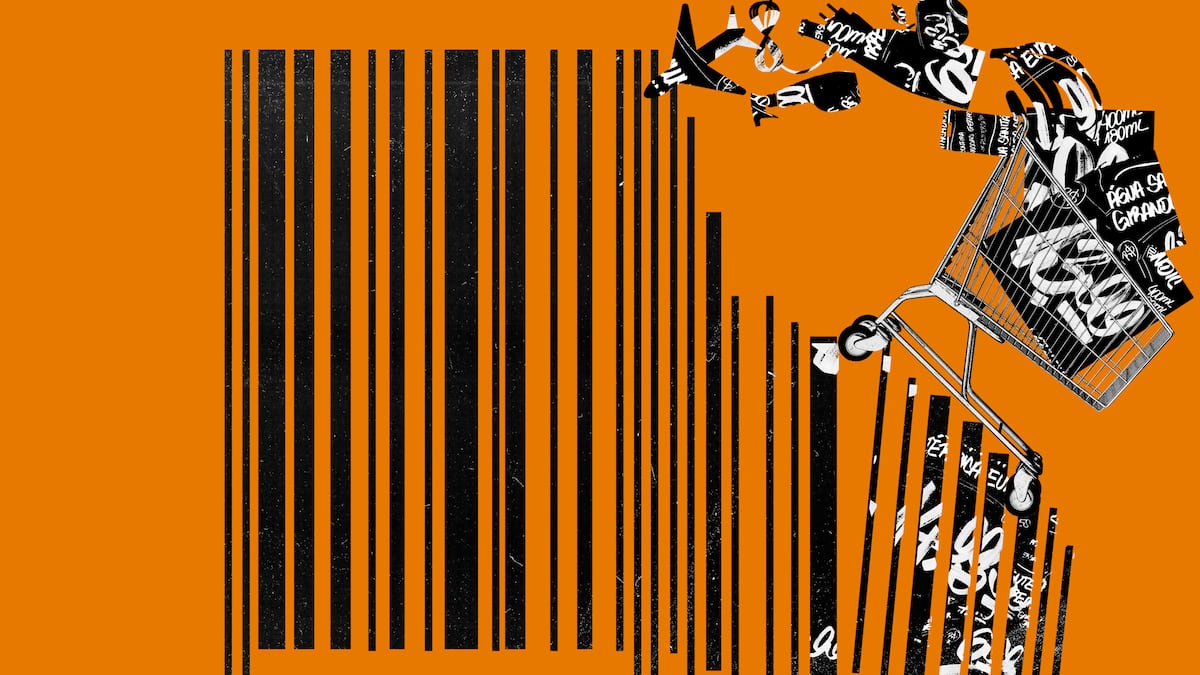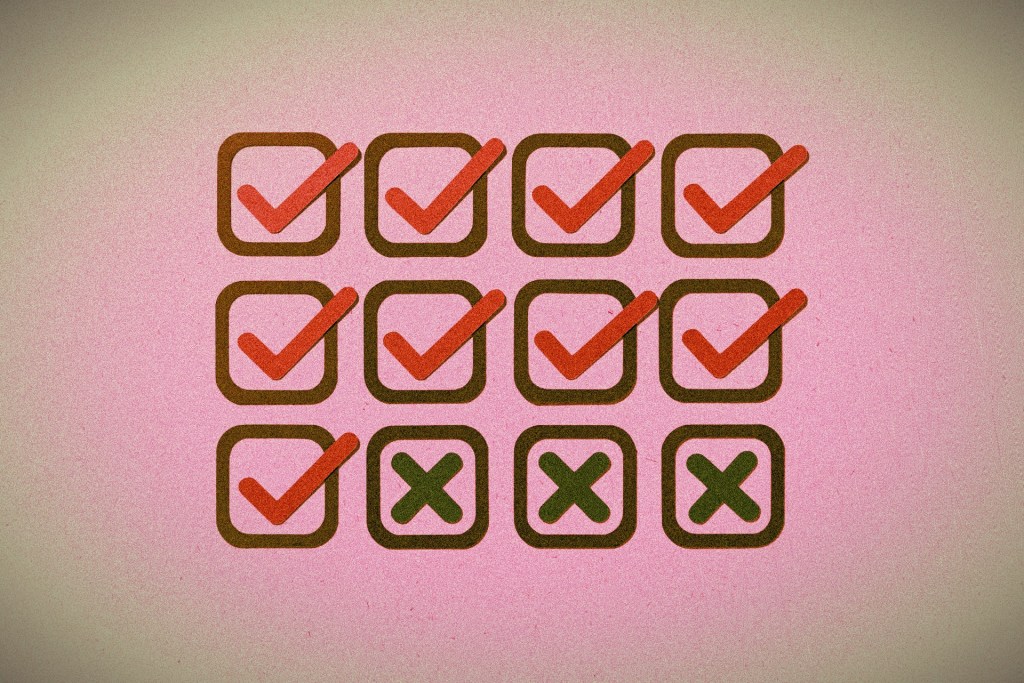T4K3.news
Public concerns grow over declining product quality
Consumers increasingly feel that the quality of products is sharply declining, reflecting deeper societal issues.

The decline in product quality raises concerns about societal values and consumer expectations.
Declining quality reflects deeper societal changes
Consumers today feel frustrated by a decline in product quality across various sectors. Items like clothing and electronics are perceived as failing to meet the durability standards of the past. Experts suggest that this feeling is tied to larger societal issues, including economic inequality and a shift in consumer values from durability to novelty. Many older consumers express a sense of loss, as they remember products that lasted longer. Rapid advancements in technology, especially automation, further complicate the quality debate, affecting customer service and expectations. While some argue that new technologies should enhance quality, many consumers report dissatisfaction with the experience of dealing with automated services. The perception of a decline in quality is not merely about the products; it's also a reflection of a changing culture and economy that prioritizes efficiency over craftsmanship.
Key Takeaways
"There is a pessimism that permeates a large part of the population, making everything seem inferior."
This highlights how societal attitudes impact perceptions of quality.
"We consume clothing as if it were a disposable item."
This underscores the shift in consumer attitudes towards fast-fashion trends.
"The real problem isn't just poor quality—it's how much we support unsustainable industries."
This emphasizes the environmental impact of consumer choices.
"Advertising has turned human beings into zombies with no other goal than consumption."
This quote critiques the cultural effects of aggressive marketing.
The feelings surrounding product quality often stem from a deep-seated cultural shift influenced by economic factors and consumer behavior. As society embraces efficiency, there is a growing disconnection between consumer expectations and what is offered in the market. Products are no longer cherished for their longevity but are instead treated as disposable items. This shift has implications that reach beyond personal consumption and into broader social dynamics, highlighting the challenges of a consumer culture centered around rapid turnover and the pursuit of novelty, rather than lasting value. This raises the question of how consumers can reassess what quality means in a world that often prizes speed and convenience over substance.
Highlights
- Quality isn't just about products; it's a reflection of our values.
- We're buying more but caring less about what we own.
- When did we stop valuing durability?
- Are we really aware of what we consume?
Consumer Discontent and Economic Inequality
The perception of declining product quality raises concerns about economic policies and consumer rights, highlighting a potential backlash against both companies and governments.
Examining our consumption choices could lead to more sustainable practices in the future.
Enjoyed this? Let your friends know!
Related News

Trump encourages Coca-Cola to switch to cane sugar

New study links SNAP to slower cognitive decline in older adults

Juul can continue to sell e-cigarettes after FDA approval

US THAAD missile interceptors used extensively in conflict

Tim Davie stands by leadership amid BBC scandals
Tesla's Q2 Earnings Show Revenue Decline

Debate Surrounds Ethics of Modern Parenting
Marcus Lemonis Returns to TV with New Show
